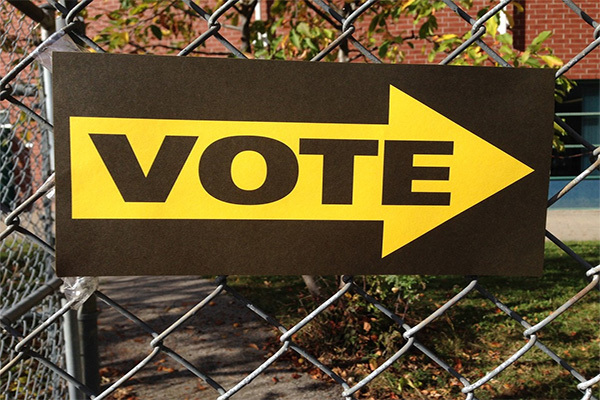Maine voters will get a chance to vote directly on significant tax and entitlement spending reforms proposed by Gov. Paul LePage (R) and blocked by lawmakers, if a referendum question currently being circulated makes it to the ballot in November 2016.
The proposed ballot amendment, as currently written, includes gradually eliminating the state’s income tax over a three-year period and reinstating work requirements for individuals receiving Temporary Assistance for Needy Families (TANF) entitlements.
Tax Cuts, Economic Growth
Liam Sigaud, a policy analyst with the Maine Heritage Policy Center, says allowing taxpayers to keep more of their money helps everybody in the state.
“Government is often inefficient and wasteful, as Maine’s oversized welfare system demonstrates,” Sigaud said. “Reducing the income tax and enacting substantive reforms to welfare programs would allow hard-working Mainers to keep more of what they earn, spurring economic growth in their communities.”
Reform ‘Desperately Needed’
Sigaud says streamlining the state’s entitlement system will help focus the program on helping the truly needy.
“Welfare reform is desperately needed in Maine,” Sigaud said. “The people’s referendum would, among others things, require able-bodied adults to seek work before qualifying for welfare benefits; prohibit TANF spending on tobacco, liquor, and other non-essentials; and eliminate welfare benefits for noncitizens. These reforms will help the poor to climb out of poverty, while saving taxpayers millions per year.”
Jonathan Williams, vice president of the American Legislative Exchange Council’s Center for State Fiscal Reform, says income tax reform is a no-brainer for Mainers.
“Eliminating the income tax would unquestionably benefit the citizens of Maine and certainly allow for Maine to grow a more prosperous free-market economy,” Williams said. “State income taxes are some of the most damaging forms of taxes that state policymakers can use to raise revenue. Income taxes inherently create a barrier between work and reward, harming economic productivity.”
Andy Torbett ([email protected]) writes from Atkinson, Maine.




